What Is a Comp?
kjdnns
10 years ago
Related Stories
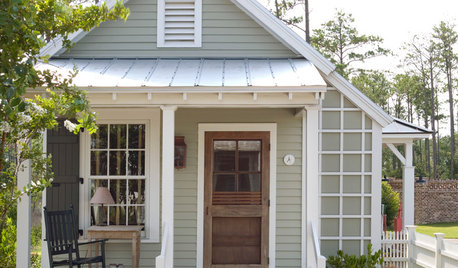
MOVINGHow to Avoid Paying Too Much for a House
Use the power of comps to gauge a home’s affordability and submit the right bid
Full Story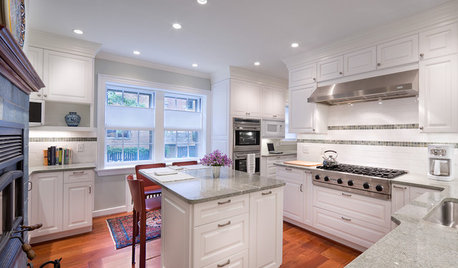
REMODELING GUIDESThe Dos and Don'ts of Home Appraisal
Selling your house? These tips from the pros will help you get the best possible appraisal
Full Story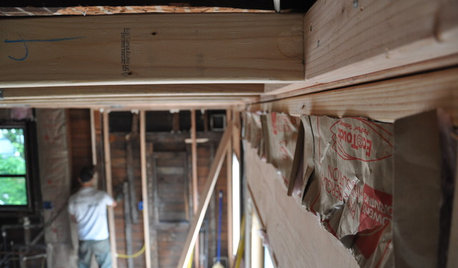
REMODELING GUIDESContractor Fees, Demystified
Learn what a contractor’s markups cover — and why they’re worth it
Full Story
MOST POPULARContractor Tips: Top 10 Home Remodeling Don'ts
Help your home renovation go smoothly and stay on budget with this wise advice from a pro
Full Story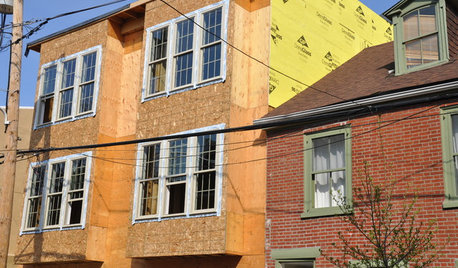
WORKING WITH PROS5 Steps to Help You Hire the Right Contractor
Don't take chances on this all-important team member. Find the best general contractor for your remodel or new build by heeding this advice
Full Story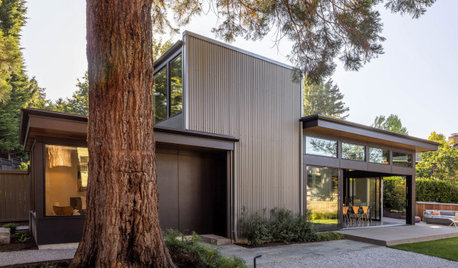
WORKING WITH PROS10 Questions to Ask Potential Contractors
Ensure the right fit by interviewing general contractors about topics that go beyond the basics
Full StoryGREEN BUILDING11 Reasons to Live in a House of Straw
Don’t be fooled by the old folk tale. Straw bales are a strong, functional and good-looking building material
Full Story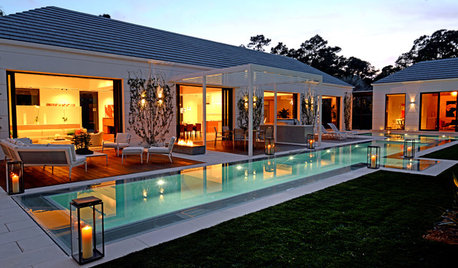
CONTRACTOR TIPSBuilding Permits: When a Permit Is Required and When It's Not
In this article, the first in a series exploring permit processes and requirements, learn why and when you might need one
Full Story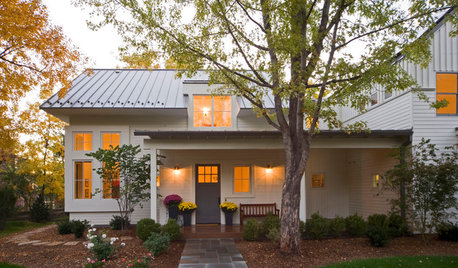
SELLING YOUR HOUSEHelp for Selling Your Home Faster — and Maybe for More
Prep your home properly before you put it on the market. Learn what tasks are worth the money and the best pros for the jobs
Full Story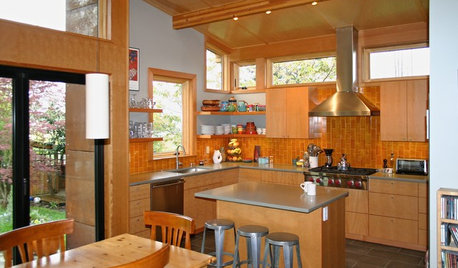
CONTRACTOR TIPS10 Things to Discuss With Your Contractor Before Work Starts
Have a meeting a week before hammers and shovels fly to make sure everyone’s on the same page
Full StoryMore Discussions







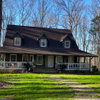
MFatt16
GreenDesigns
Related Professionals
American Fork Architects & Building Designers · Euless Architects & Building Designers · Holtsville Architects & Building Designers · Alhambra General Contractors · Centereach General Contractors · Cheney General Contractors · Citrus Heights General Contractors · Clarksville General Contractors · Greenville General Contractors · Statesboro General Contractors · Waldorf General Contractors · Cherry Hill Home Stagers · Wailuku Home Stagers · Birmingham Interior Designers & Decorators · Garden City Interior Designers & Decoratorsliriodendron
weedyacres
kjdnnsOriginal Author
lyfia
MFatt16
OttawaGardener
kjdnnsOriginal Author
kirkhall
c9pilot
User
Debbie Downer
kjdnnsOriginal Author
User